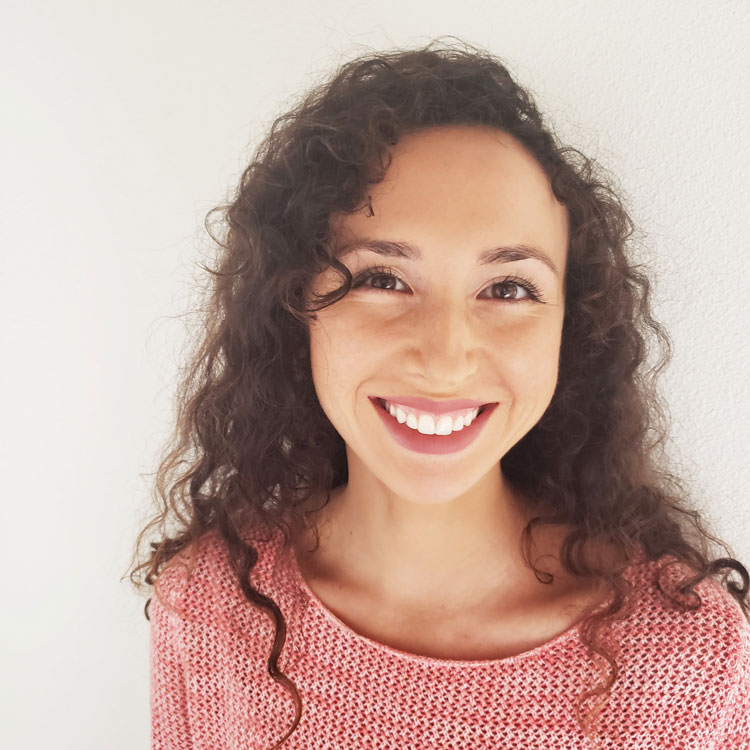Alumni Spotlight: Francesca Varela

Francesca Varela received her M.A. in Environmental Humanities from the University of Utah in 2018. She works as the Communications Coordinator at the Oregon League of Conservation Voters, and she is the author of four environmentally-themed novels--Call of the Sun Child, Listen, The Seas of Distant Stars, and Blue Mar, which was her final project for the EH program. Francesca grew up playing in the forests of Oregon, and, as the daughter of an El Salvadorian immigrant, she is also passionate about environmental and climate justice. In her free time she enjoys a wide range of hobbies, including hiking, yoga, figure skating, flamenco dancing, playing classical piano, gardening, stargazing, and generally enjoying the outdoors.
How have you been spending your time since graduating from EH?
I got a job at an environmental nonprofit called the Oregon League of Conservation Voters right after I graduated, and I’ve been there ever since! I’ve also done some traveling (to Europe, Peru, and the Caribbean), and I just celebrated the release of my new book Blue Mar earlier this year. I’m currently living in Portland, Oregon and balancing my jobs at OLCV and my fiction writing.
The novel you wrote for your final project in the EH Program was recently published—congratulations! What is the book about? How did your time in the Environmental Humanities Program inform the book and help in your success?
Blue Mar is set in the not-so-distant future, when the world is unraveling due to climate change, and the Great Pacific Garbage Patch has been geo-engineered into an actual island called Blue Mar. The story focuses on two sisters—Laurel and Paloma—who visit their Great-Aunt in El Salvador, where things are so bad that many people are moving to Blue Mar to start a new life. As they search for their identity and their place in the world, Laurel and Paloma must decide whether to go to Blue Mar themselves, or whether to stay, reconnect with their culture, and fight to save the land of their ancestors.
I wouldn’t have written this book if it hadn’t been for the EH program! The story was going to be completely different at first, but my committee helped me re-orient the story to include more about the island, more character development, and more questions about environmental issues. I also did a lot of research into the future effects of climate change at an internship at HEAL Utah during my time in EH, and as I was writing the paper to accompany my manuscript for my final project.
What advice do you have for other young, emerging writers? What tips do you have for students in the EH Program who are pursuing a writer career?
Use this time to be as creative and curious as possible. Ask questions. Take risks. Get out into the world and use it as inspiration for your writing. Keep a notebook and write down anything that interests you—an overheard conversation on the bus, an unexpected comment from one of your peers, a random piece of trash left abandoned in the street, a strange bird perched on the edge of your windowsill. Whatever pulls you in and makes you wonder why, or how. Lean into your innate wonder of the world.
What sticks out from your time in EH? Mentors? Courses? Fond memories?
I have so many good memories from the EH program! The courses completely changed the way I see the world, and I learned so much from my professors and from the books we read. Some of my favorite memories are of outdoor adventures, like orientation and ecology of residency at Red Rock Lake in Montana, the Uplift conference, visiting the Salt Flats for Environmental Writing, and the field study at Rio Mesa. One particularly fond memory is of exploring Rio Mesa at night, and lying on the cool, red rock to look up at the stars. The desert was a fascinating change from what I grew up with in Oregon, and I’m glad I got to experience it.
